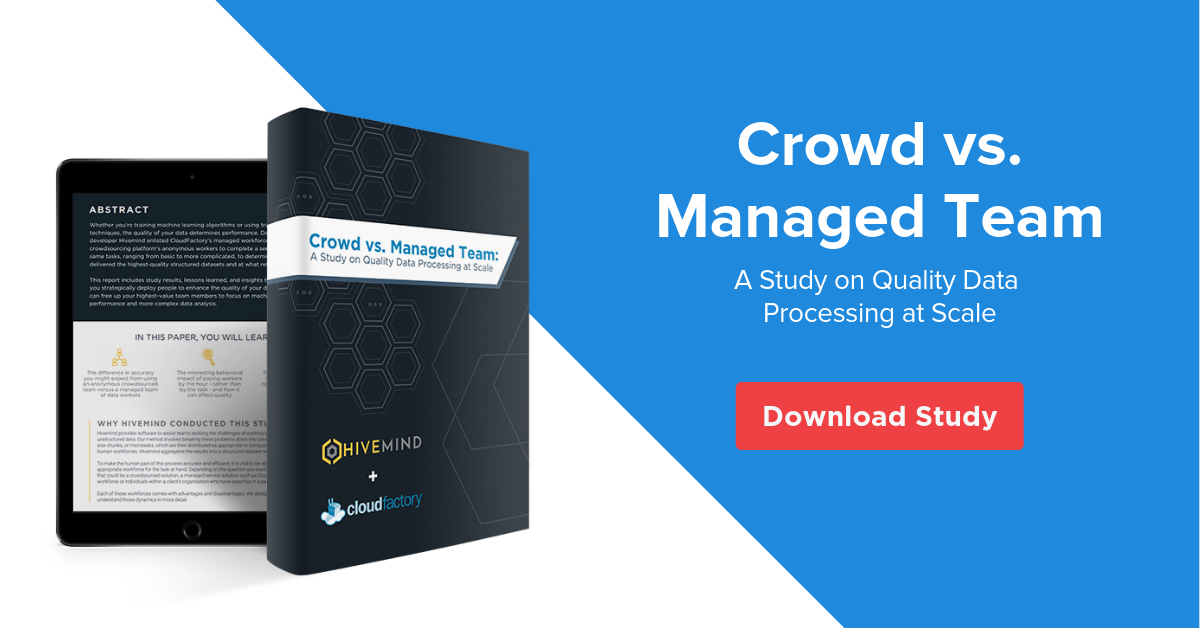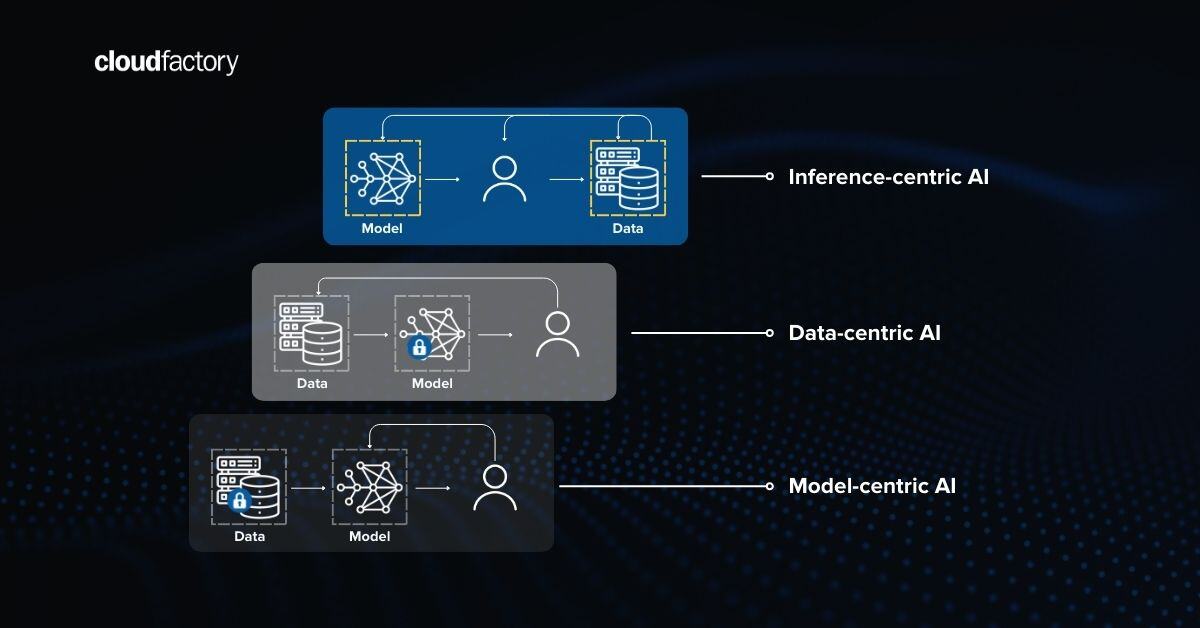
Few sectors are nearly as data heavy as finance, an area that oversees hundreds of millions of transactions every day. Yet despite traditionally being risk-averse and cautious when it comes to the adoption of new technologies, the financial world is quickly transforming in response to evolving customer expectations. One of the key drivers in this evolution is the rise of machine learning to help organizations make more informed decisions and automate an abundance of routine operations.
In particular, the finance sector is turning towards natural language processing (NLP), a subset of artificial intelligence (AI) that focuses on helping computers understand, interpret, and work with human language in both text and audio formats. NLP makes it possible for machines to parse textual data, including transcribed audio, many orders of magnitude faster than people can, and with an impressive degree of accuracy. It is a development that is revolutionizing finance, and here are some of the ways how:
1. Making Sense of Unstructured Data
One of the common misconceptions concerning financial data is that it is all numerical. While this might be the case with things like accounting ledgers, most data exists in the form of text which is largely unstructured. In fact, it is estimated that 80% or more of the world’s data is unstructured. And one recent survey indicates that 90% of the world’s central banks are grappling with how to derive value from their unstructured data. Consider, for example, the numerous written reports that investment managers and traders need to comb through to make informed decisions, or the many external communications with clients that take place over email and chat.
Natural language processing is the key to unlocking the value in this data—it’s a powerful solution for making sense of this wealth of data at machine speed by adding context that makes it searchable and actionable. For example, a model might be trained to flag sections of text that address specific areas of interest, such as financial risk or client sentiment.
2. Transcribing Corporate Earnings Calls
Corporate earnings calls involve key financial discussions that provide valuable insights into an organization’s financial status. However, the manual interpretation and evaluation of the recorded calls takes time. By the time key insights from the conference have been taken down in the form of structured data, hours or even days may have passed to the point that they start to lose their relevance.
NLP-based machine learning can transcribe and analyze these earnings calls within minutes to give analysts a competitive advantage when it comes to identifying new themes, opportunities, and risks. NLP can even go so far as to identify which company executives are getting the most words in and detect the general sentiment of the conversation. For example, theme identification can deduce whether earnings calls are characterized by uncertainty, constraint, litigation, or positive sentiment.
3. Accelerating Compliance Processes
As growing trade and economic sanctions become an unfortunate reality in today’s uncertain geopolitical climate, the compliance landscape governing the finance sector is increasing in scope and complexity. Routine operations, such as anti-money-laundering (AML) and know-your-customer (KYC) checks, are taking longer and demanding comprehensive oversight and transparency. The financial costs of failing to meet internal and legally mandated compliance policies continue to grow, necessitating a smarter approach towards risk mitigation.
NLP is key to mitigating the risk of financial crime and ensuring compliance at scale, while reducing operational costs. For example, due diligence screening is one such area that usually involves analyzing large volumes of content. However, NLP can solve this problem in a variety of ways, such as by categorizing structured data, tagging individual sentences, detecting any underlying themes, and clustering specific events for further review. Most importantly, NLP negates the risk of human error, which is ultimately responsible for many compliance failures.
4. Conducting Sentiment Analysis
While we may have learned in economics 101 to presume that everyone acts rationally, we know that real-world financial behavior can be impacted by emotion or personal bias. By using NLP to conduct sentiment classification of financial documents, traders could, for example, make fast and accurate investment calls that are free of human bias. NLP could also be used to analyze a 10-k form to predict a stock’s movement or anticipate overall market volatility by analyzing the sentiment of broader news headlines and social media posts.
Sentiment analysis can also be applied to brand reputation, and this can work for any sector—not just finance. For example, NLP can analyze vast amounts of publicly available feedback on social media, public forums, and consumer review websites, to broadly determine how clients feel about a particular brand. In a sector where trust is everything, financial institutions can never be too aware of how their reputations stack up against the competition.
How Can a Managed Workforce Help?
The finance sector comes with more than its fair share of industry-specialized terminology and jargon. Because of this, a generalist approach to training NLP models for fintech solutions is not the way to go. Moreover, financial data and reports are often highly sensitive, so handing them over to gig workers or crowdsourcing platforms is also inappropriate.
A managed workforce serves as an extension of your team by leveraging specialized domain knowledge to accurately tag text for training advanced financial NLP applications. Compared with other outsourcing models, this approach greatly reduces cycle times without adding risk.
Our managed workforce collaborates closely with your team to help you develop NLP solutions in less time and without compromising on quality. Learn more about our NLP services to see how.
Data Labeling NLP Finance and Insurance AI & Machine Learning









